Deciding whether you should learn Portuguese or Spanish is a common dilemma, especially for aspiring polyglots. At LEARNS.EDU.VN, we help you explore the nuances of each language, offering a clear path to language acquisition. Consider cultural immersion and career opportunities as you weigh your options, using our resources to make an informed decision about your language learning journey.
1. Global Reach and Speakers: Portuguese vs. Spanish
When embarking on a language learning adventure, considering the global reach and number of speakers is crucial. Both Portuguese and Spanish boast impressive numbers, but understanding the specifics can significantly influence your decision.
- Spanish: Spanish reigns supreme in terms of native speakers, boasting over 400 million individuals spread across numerous countries. Its dominance is particularly strong in Latin America, making it an invaluable asset for anyone interested in exploring the rich cultures and diverse landscapes of the region.
- Portuguese: While not as widely spoken as Spanish, Portuguese still holds its own with over 200 million speakers worldwide. Brazil accounts for a significant portion of this figure, making it a gateway to South America’s largest and most vibrant economy.
| Language | Estimated Number of Speakers | Primary Regions |
|---|---|---|
| Spanish | Over 400 million | Latin America, Spain, parts of the United States |
| Portuguese | Over 200 million | Brazil, Portugal, Angola, Mozambique, Cape Verde, Guinea-Bissau, São Tomé and Príncipe, East Timor, Macau |
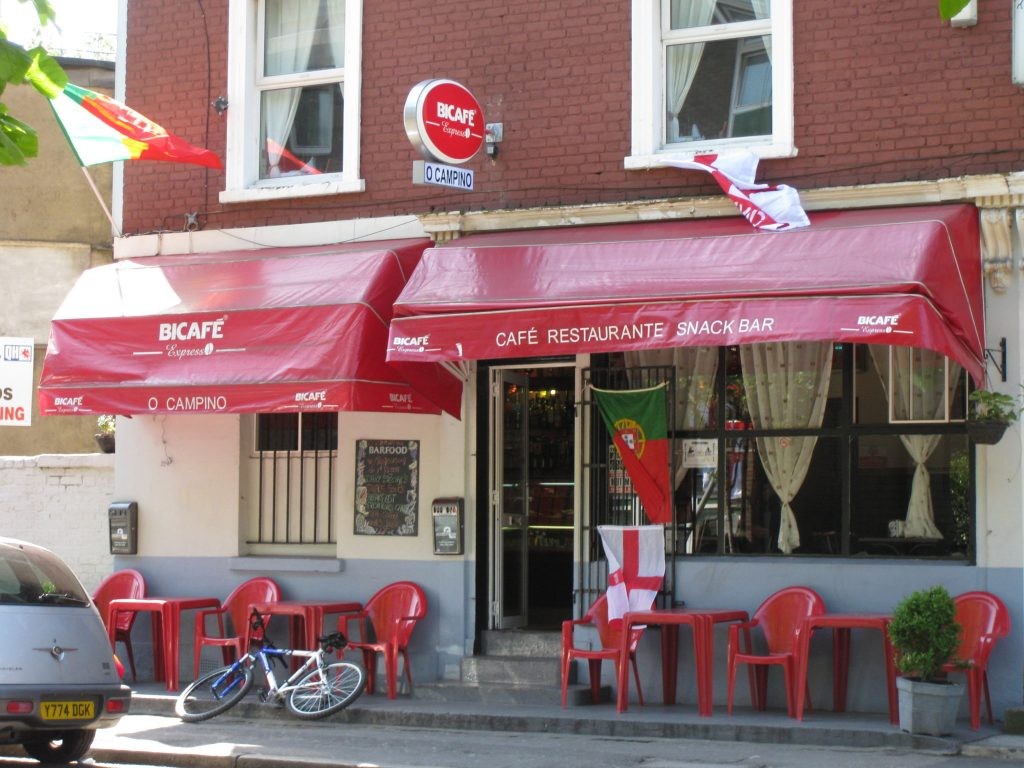

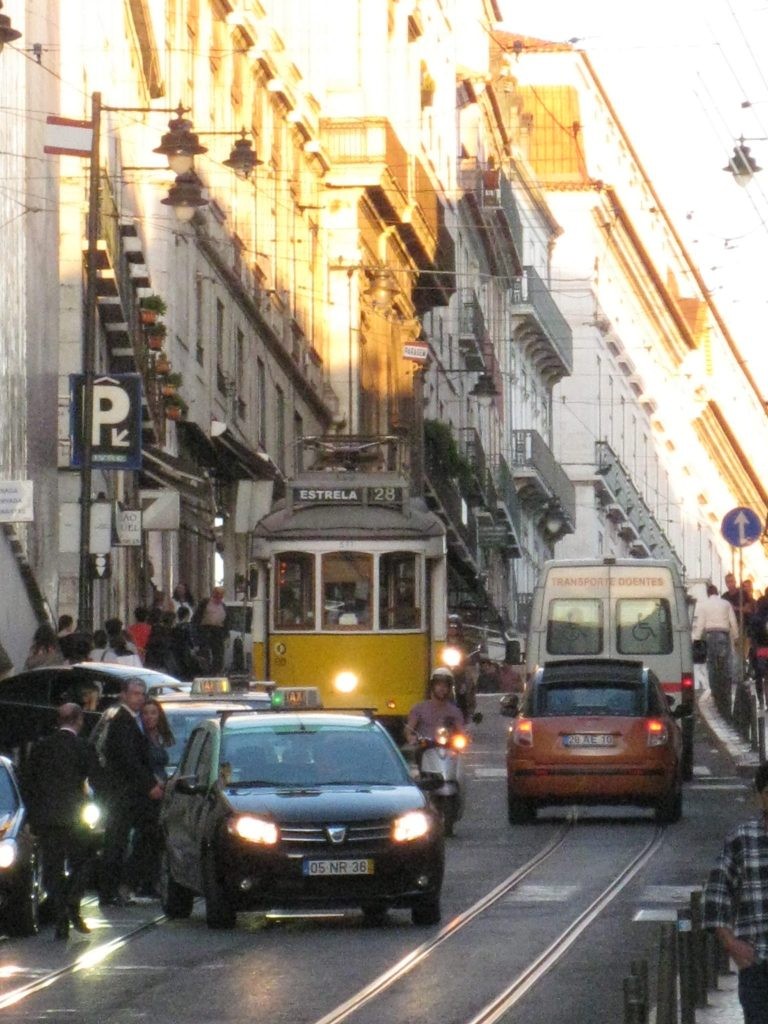
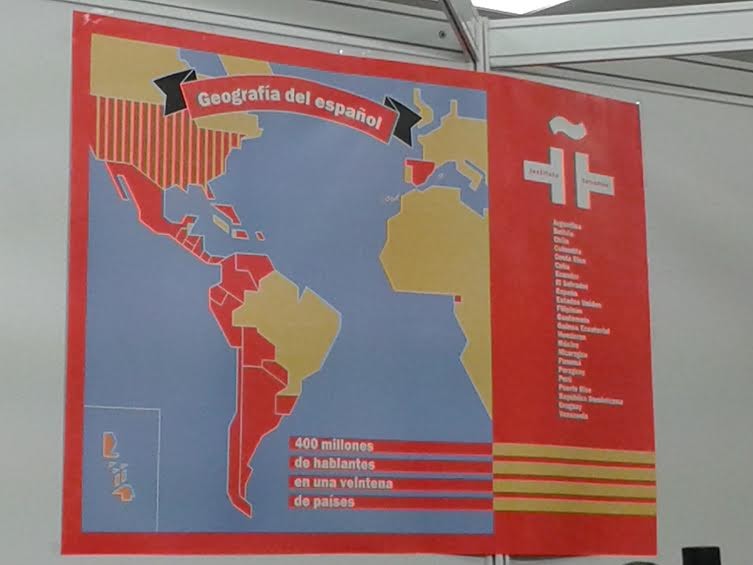
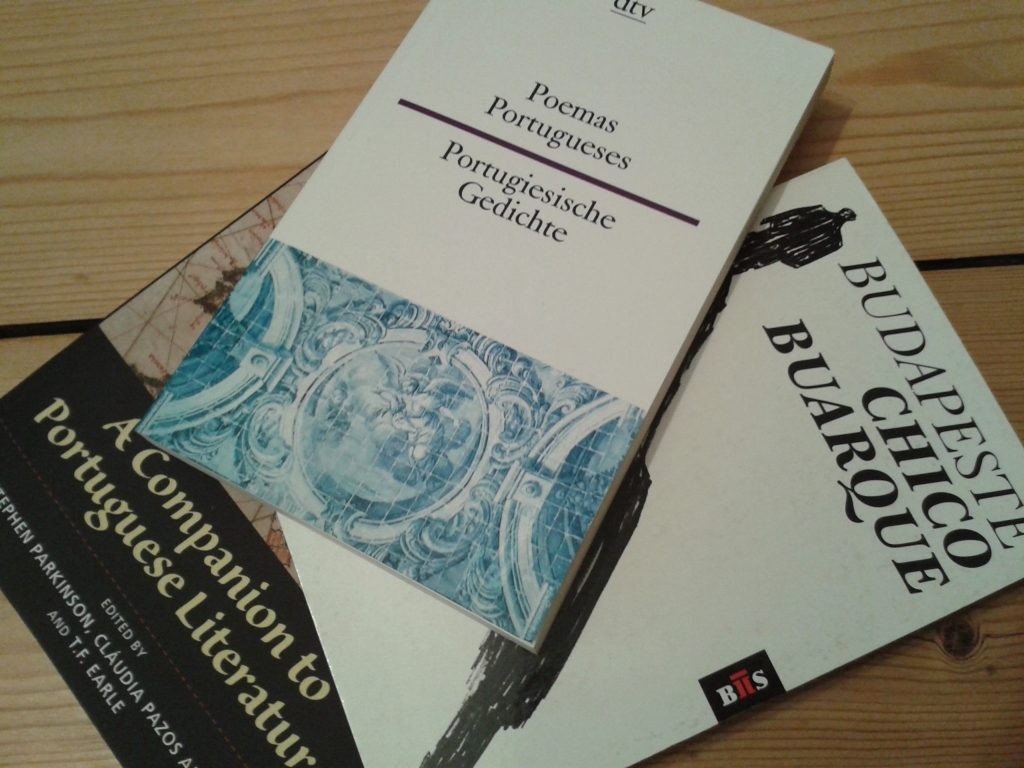
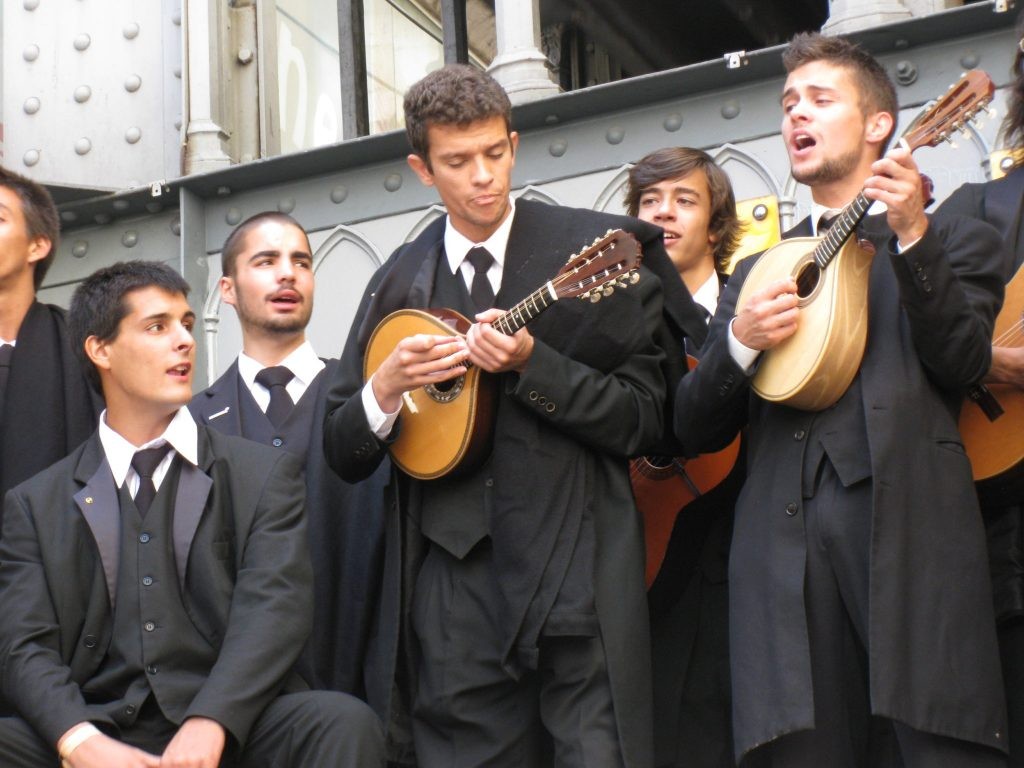
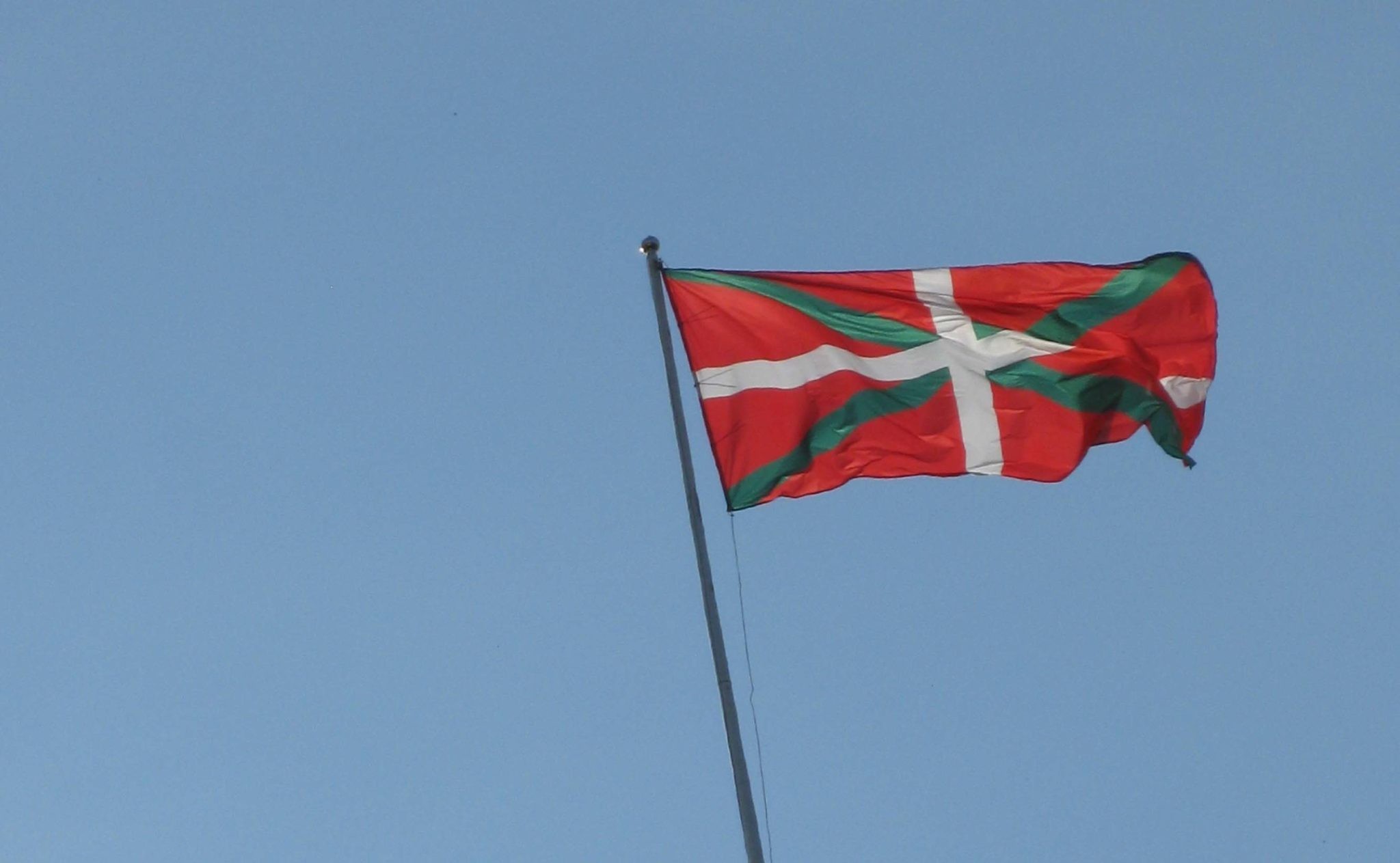
Choosing between Spanish and Portuguese based solely on the number of speakers would give Spanish a clear advantage. However, the strategic importance of Portuguese-speaking regions, particularly Brazil, cannot be overlooked. If your interests lie in South American business, culture, or travel, Portuguese could be the more rewarding choice. Consider the following points:
- Business Opportunities: Brazil’s growing economy presents unique opportunities for professionals in various fields.
- Cultural Experiences: Portuguese unlocks the vibrant culture of Brazil, including its music, cuisine, and festivals.
- Personal Interests: If you have a specific affinity for Portuguese-speaking countries or cultures, that should be a significant factor in your decision.
LEARNS.EDU.VN offers comprehensive courses in both Spanish and Portuguese, tailored to meet your specific goals and interests. Whether you’re looking to boost your career prospects or simply immerse yourself in a new culture, we provide the resources and support you need to succeed.
2. The Portuguese Diaspora: Discovering Global Communities
One of the most compelling reasons to learn a language is the opportunity to connect with its diaspora. The Portuguese diaspora, while perhaps less prominent than its Spanish counterpart, is rich and diverse, offering unique cultural experiences and opportunities for language immersion.
- Europe: Major cities like London, Paris, and Berlin boast vibrant Portuguese communities. These “Little Portugals” offer a taste of home for migrants and a chance for learners to practice their language skills in authentic settings.
- North America: The United States and Canada are home to significant Portuguese populations, particularly in areas like New England and Ontario. These communities maintain strong cultural ties to their homeland, providing valuable opportunities for cultural exchange.
- Beyond: The Portuguese diaspora extends to various corners of the globe, including Australia, Argentina, and Chile. This widespread presence underscores the global reach of the Portuguese language and its continued relevance in an increasingly interconnected world.
| Region | Notable Portuguese Communities | Cultural Highlights |
|---|---|---|
| Europe | London (UK), Paris (France), Berlin (Germany), Luxembourg | Portuguese cafés, restaurants, cultural centers, festivals celebrating Portuguese traditions |
| North America | New England (USA), Ontario (Canada), California (USA) | Portuguese-American clubs, religious festivals, culinary traditions, Portuguese language schools |
| South America | Argentina, Chile, Uruguay | Cultural exchanges, shared history, preservation of Portuguese language and traditions |
| Other Regions | Australia (Sydney, Melbourne), Macau (China), Goa (India), East Timor | Unique cultural fusions, historical ties to Portugal, opportunities to experience Portuguese influence in diverse settings |
Learning Portuguese opens doors to these global communities, allowing you to engage with diverse cultures and perspectives. Whether you’re interested in exploring the historic neighborhoods of Lisbon or connecting with the vibrant Brazilian community in New York, the Portuguese diaspora offers endless opportunities for cultural immersion and personal growth.
At LEARNS.EDU.VN, we understand the importance of cultural context in language learning. That’s why our Portuguese courses incorporate authentic materials and cultural insights, helping you develop a deeper understanding of the language and its speakers. Join us and embark on a journey of discovery, connecting with the global Portuguese-speaking community.
3. Brazil: A Land of Opportunity and Culture
Brazil, the largest country in South America, is a land of contrasts, offering a unique blend of natural beauty, cultural richness, and economic opportunity. Learning Portuguese unlocks the door to this vibrant nation, allowing you to explore its diverse landscapes, engage with its dynamic culture, and tap into its burgeoning economy.
- Natural Wonders: From the Amazon rainforest to the stunning beaches of Rio de Janeiro, Brazil boasts some of the world’s most breathtaking natural attractions. Learning Portuguese allows you to navigate these wonders with ease, immersing yourself in the natural beauty of the country.
- Cultural Delights: Brazil’s culture is as diverse as its landscape, with influences from Europe, Africa, and indigenous populations. From samba and Carnival to its unique cuisine and art scene, Brazil offers a feast for the senses.
- Economic Powerhouse: Brazil is a major player in the global economy, with significant opportunities in agriculture, technology, and manufacturing. Learning Portuguese can give you a competitive edge in this dynamic market.
| Aspect | Description |
|---|---|
| Natural Beauty | Amazon rainforest, Pantanal wetlands, Iguaçu Falls, Fernando de Noronha archipelago, beaches of Rio de Janeiro |
| Cultural Richness | Samba, Carnival, Bossa Nova, Brazilian cuisine (feijoada, churrasco), colonial architecture, vibrant street art |
| Economic Growth | Agriculture (soybeans, coffee, sugar cane), mining (iron ore, bauxite), manufacturing (automobiles, aerospace), technology (startups, software development) |
| Travel | Rio de Janeiro (Christ the Redeemer, Sugarloaf Mountain), São Paulo (cultural hub), Salvador (historic architecture), Brasília (modernist capital), Amazon rainforest tours |
| Business | Opportunities in agribusiness, technology, tourism, renewable energy, infrastructure development |
Imagine yourself exploring the bustling streets of São Paulo, dancing to the rhythm of samba in Rio de Janeiro, or conducting business negotiations in Portuguese. These are just a few of the many possibilities that open up when you learn the language of Brazil.
LEARNS.EDU.VN offers a range of Portuguese courses specifically designed to prepare you for success in Brazil. Whether you’re planning a vacation, seeking career opportunities, or simply want to immerse yourself in Brazilian culture, we have the resources and expertise to help you achieve your goals.
4. Portugal: A Treasure Trove of History and Charm
While Brazil often steals the spotlight, Portugal itself is a country brimming with history, culture, and natural beauty. Learning Portuguese opens the door to discovering this hidden gem of Europe, allowing you to explore its ancient cities, picturesque landscapes, and rich cultural heritage.
- Historical Significance: Portugal boasts a rich history, dating back to Roman times. From its role in the Age of Discovery to its colonial past, Portugal’s history is etched into its architecture, traditions, and language.
- Cultural Heritage: Portugal is home to a unique blend of cultural influences, from its traditional Fado music to its distinctive cuisine and art. Exploring its cities and towns is like stepping back in time, with cobblestone streets, historic castles, and charming cafes.
- Natural Beauty: From the rolling hills of the Alentejo region to the rugged coastline of the Algarve, Portugal offers a diverse range of landscapes to explore. Its mild climate makes it a perfect destination for year-round travel.
| Aspect | Description |
|---|---|
| Historical Sites | Jerónimos Monastery, Belém Tower, São Jorge Castle, Roman Temple of Évora, Guimarães Castle |
| Cultural Experiences | Fado music, Portuguese cuisine (pastéis de nata, seafood), wine tasting in the Douro Valley, traditional festivals (Santos Populares), azulejo tile art |
| Natural Landscapes | Algarve coastline, Douro Valley vineyards, Serra da Estrela mountains, Azores islands, Madeira islands |
| Cities to Explore | Lisbon (historic capital), Porto (port wine region), Coimbra (university town), Évora (Roman ruins), Braga (religious center) |
| Travel Tips | Explore Lisbon’s historic Alfama district, sample port wine in Vila Nova de Gaia, visit the University of Coimbra, relax on the beaches of the Algarve, hike in the Serra da Estrela mountains |
Imagine yourself wandering through the historic streets of Lisbon, savoring a glass of port wine in Porto, or relaxing on the beaches of the Algarve. These are just a few of the many experiences that await you in Portugal.
At LEARNS.EDU.VN, we offer Portuguese courses that focus on the language and culture of Portugal, providing you with the knowledge and skills you need to explore this fascinating country. Join us and discover the charm and beauty of Portugal.
5. The Lusophone World: Beyond Brazil and Portugal
While Brazil and Portugal are the most well-known Portuguese-speaking countries, the Lusophone world extends far beyond their borders. Learning Portuguese opens the door to a diverse range of cultures and experiences, from Africa to Asia and beyond.
- Africa: Several African countries, including Angola, Mozambique, Cape Verde, Guinea-Bissau, and São Tomé and Príncipe, have Portuguese as an official language. These countries offer unique cultural experiences, blending African traditions with Portuguese influences.
- Asia: Macau, a former Portuguese colony in China, and East Timor, a Southeast Asian nation, also have Portuguese as an official language. These regions offer a fascinating blend of cultures, reflecting their unique histories.
- Cultural Diversity: The Lusophone world is incredibly diverse, with each region boasting its own distinct traditions, cuisine, music, and art. Learning Portuguese allows you to explore this rich tapestry of cultures and connect with people from all walks of life.
| Region | Country/Territory | Cultural Highlights |
|---|---|---|
| Africa | Angola | Music (semba, kizomba, kuduro), cuisine (moamba de galinha), festivals (Carnival) |
| Mozambique | Music (marrabenta), cuisine (piri-piri chicken), beaches (Bazaruto Archipelago) | |
| Cape Verde | Music (morna), cuisine (cachupa), beaches (Sal Island) | |
| Guinea-Bissau | Traditional music and dance, Bijagós Islands | |
| São Tomé and Príncipe | Beaches, rainforests, cocoa plantations | |
| Asia | Macau | Historic architecture (Ruins of St. Paul’s), cuisine (Portuguese egg tarts), festivals (Chinese New Year, Macau Grand Prix) |
| East Timor | Beaches, mountains, traditional textiles |
By learning Portuguese, you gain access to this diverse and fascinating world, opening doors to travel, cultural exchange, and personal enrichment. Whether you’re interested in exploring the vibrant music scene of Angola, the stunning beaches of Cape Verde, or the historic architecture of Macau, the Lusophone world has something to offer everyone.
LEARNS.EDU.VN’s Portuguese courses provide you with the language skills and cultural knowledge you need to navigate this global landscape. Join us and embark on a journey of discovery, exploring the rich tapestry of the Lusophone world.
6. The Sounds of Portuguese: A Melodic Journey
One of the most captivating aspects of any language is its unique sound. Portuguese, with its melodic cadence and distinctive phonetics, offers a truly unique auditory experience. Many find the sounds of Portuguese to be inherently beautiful and captivating, making the learning process all the more enjoyable.
- Nasal Sounds: Portuguese is characterized by its prominent nasal sounds, which add a unique flavor to the language. These sounds, often unfamiliar to English speakers, can be challenging to master but ultimately contribute to the language’s distinctive character.
- Sibilant Sounds: European Portuguese, in particular, features a variety of sibilant sounds, creating a “shushing” effect that sets it apart from other Romance languages. These sounds, while initially challenging, add a certain elegance and sophistication to the language.
- Vowel Combinations: Portuguese boasts a wide array of vowel combinations, some of which are not found in other languages. Mastering these combinations is essential for achieving fluency and understanding the nuances of pronunciation.
| Feature | Description |
|---|---|
| Nasal Vowels | Vowels that are pronounced with air passing through both the nose and mouth, creating a distinctive nasal resonance (e.g., mão [mɐ̃w̃] – hand, bem [bẽj̃] – well) |
| Sibilant Consonants | Consonants that produce a hissing or shushing sound, particularly prominent in European Portuguese (e.g., Lisboa [liʒˈboɐ] – Lisbon, peixe [ˈpejʃ(ɨ)] – fish) |
| Diphthongs | Combinations of two vowel sounds within a single syllable, creating a gliding sound (e.g., pai [ˈpaj] – father, céu [ˈsɛw] – sky) |
| Unstressed Vowels | Unstressed vowels in European Portuguese are often reduced or elided, making them difficult for learners to hear and pronounce accurately (e.g., the e in de [dɨ] – of) |
The unique sounds of Portuguese can be both a challenge and a delight for language learners. While mastering the pronunciation may require some effort, the reward is a deeper appreciation for the language’s beauty and expressiveness.
At LEARNS.EDU.VN, our Portuguese courses place a strong emphasis on pronunciation, providing you with the tools and techniques you need to master the sounds of the language. From interactive exercises to personalized feedback, we’ll help you develop a confident and accurate pronunciation, allowing you to communicate effectively and appreciate the melodic beauty of Portuguese.
7. Portuguese Literature: A World of Untapped Literary Treasures
While Spanish literature often dominates the global stage, Portuguese literature offers a wealth of untapped literary treasures waiting to be discovered. From epic poems to modernist novels, Portuguese literature spans centuries and continents, offering a diverse range of voices and perspectives.
- Epic Poetry: Luís de Camões’ Os Lusíadas is a cornerstone of Portuguese literature, celebrating Portugal’s Age of Discovery and its maritime achievements. This epic poem offers a glimpse into Portugal’s history, culture, and national identity.
- Modernist Voices: Fernando Pessoa, one of Portugal’s greatest poets, explored themes of identity, alienation, and urban life in his modernist works. His use of multiple heteronyms (fictional authors with distinct styles) adds a unique dimension to his writing.
- Contemporary Authors: José Saramago, winner of the Nobel Prize in Literature, is one of Portugal’s most celebrated contemporary authors. His novels, often characterized by their magical realism and social commentary, offer a unique perspective on Portuguese society and the human condition.
| Author | Genre(s) | Notable Works |
|---|---|---|
| Luís de Camões | Epic Poetry | Os Lusíadas (The Lusiads) – Portugal’s national epic, celebrating the country’s maritime history |
| Fernando Pessoa | Poetry, Essays, Drama | Mensagem (Message), The Book of Disquiet – Explores themes of identity, existentialism, and the human condition |
| José Saramago | Novels, Plays, Poetry | Blindness, All the Names, The Gospel According to Jesus Christ – Known for his unique narrative style and social commentary |
| Machado de Assis | Novels, Short Stories, Poetry, Criticism | Dom Casmurro, The Posthumous Memoirs of Bras Cubas – Widely regarded as Brazil’s greatest writer, known for his irony and psychological insight |
| Jorge Amado | Novels | Dona Flor and Her Two Husbands, Gabriela, Clove and Cinnamon – Celebrates Brazilian culture, particularly the northeastern region of Bahia |
Exploring Portuguese literature can enrich your understanding of the language and its cultural context. From classic works to contemporary masterpieces, there’s a vast and rewarding literary landscape waiting to be discovered.
At LEARNS.EDU.VN, our Portuguese courses incorporate literary texts and cultural insights, helping you develop a deeper appreciation for the language and its rich literary heritage. Join us and embark on a literary journey, exploring the hidden gems of Portuguese literature.
8. Portuguese Music: A Symphony of Sounds and Rhythms
Music is an integral part of Portuguese culture, and learning the language opens the door to a rich and diverse musical landscape. From the melancholic strains of Fado to the infectious rhythms of Samba, Portuguese music offers something for every taste.
- Fado: Portugal’s signature musical genre, Fado, is characterized by its soulful vocals, mournful melodies, and themes of longing and saudade (a feeling of nostalgia and melancholic longing).
- Samba: Brazil’s most iconic musical genre, Samba, is known for its vibrant rhythms, energetic dancing, and association with Carnival.
- Other Genres: Beyond Fado and Samba, Portuguese music encompasses a wide range of genres, including Bossa Nova, Música Popular Brasileira (MPB), and various regional styles.
| Genre | Origin | Characteristics |
|---|---|---|
| Fado | Portugal | Soulful vocals, mournful melodies, themes of longing and saudade, often accompanied by Portuguese guitar |
| Samba | Brazil | Vibrant rhythms, energetic dancing, associated with Carnival, influenced by African and European musical traditions |
| Bossa Nova | Brazil | A fusion of samba and jazz, characterized by its smooth melodies, sophisticated harmonies, and bossa nova guitar rhythms |
| Música Popular Brasileira (MPB) | Brazil | A broad category encompassing various styles of Brazilian popular music, often incorporating elements of samba, bossa nova, and other genres, known for its lyrical content and social commentary |
| Cumbia | Latin America | Rooted in African and Indigenous musical traditions of Colombia and Panama; spread across Latin America (also popular in Brazil) |
Exploring Portuguese music can be a rewarding way to enhance your language learning experience. Not only will you improve your listening comprehension and vocabulary, but you’ll also gain a deeper appreciation for Portuguese culture.
At LEARNS.EDU.VN, our Portuguese courses incorporate music and lyrics, providing you with opportunities to engage with the language in a fun and meaningful way. Whether you’re singing along to Fado classics or dancing to the rhythms of Samba, you’ll be immersed in the sounds and rhythms of Portuguese music.
9. The Challenge Factor: Is Portuguese Harder Than Spanish?
Many language learners wonder about the relative difficulty of Portuguese and Spanish. While both languages share similarities as Romance languages, they also present unique challenges.
- Pronunciation: Portuguese pronunciation can be more challenging for English speakers due to its nasal vowels, sibilant consonants, and reduced unstressed vowels.
- Grammar: Portuguese grammar is generally considered to be more complex than Spanish grammar, with more verb tenses and inflections.
- Vocabulary: While Portuguese and Spanish share a significant amount of vocabulary, there are also many false friends (words that look similar but have different meanings) that can trip up learners.
| Feature | Portuguese | Spanish |
|---|---|---|
| Pronunciation | Nasal vowels, sibilant consonants (especially in European Portuguese), reduced unstressed vowels, more vowel sounds overall | Simpler vowel sounds, fewer nasal sounds, more consistent pronunciation of vowels |
| Grammar | More verb tenses and inflections, more complex subjunctive forms, use of personal infinitive, placement of object pronouns can be more complex (mesoclisis) | Fewer verb tenses and inflections, simpler subjunctive forms, no personal infinitive, more straightforward placement of object pronouns |
| Vocabulary | Share a significant amount of vocabulary, but many false friends (words that look similar but have different meanings), some words have different connotations or are used in different contexts | Share a significant amount of vocabulary with Portuguese, fewer false friends |
| Listening Comprehension | Can be more challenging due to the fast pace of speech, reduced vowels, and nasal sounds | Generally easier for English speakers to understand due to clearer pronunciation and more distinct vowel sounds |
Ultimately, the perceived difficulty of a language is subjective and depends on individual learning styles and preferences. Some learners may find Portuguese pronunciation to be a hurdle, while others may be drawn to its melodic sounds.
At LEARNS.EDU.VN, we believe that every language is achievable with the right approach and resources. Our Portuguese courses are designed to break down complex concepts into manageable steps, providing you with the support and guidance you need to succeed. Whether you’re a beginner or an experienced language learner, we’ll help you overcome the challenges and unlock the rewards of learning Portuguese.
10. Standing Out From The Crowd: The Uniqueness of Portuguese
In a world where Spanish often takes center stage, choosing to learn Portuguese can be a way to stand out from the crowd. Learning Portuguese can also be a unique way to gain a competitive edge in various fields.
- Less Competition: With fewer people studying Portuguese compared to Spanish, you’ll face less competition when applying for jobs or seeking opportunities in Portuguese-speaking countries.
- Unique Experiences: Learning Portuguese opens doors to unique cultural experiences that are often overlooked by mainstream tourism.
- Intellectual Curiosity: Choosing to learn Portuguese can be a reflection of intellectual curiosity and a desire to explore less-traveled paths.
| Advantage | Description |
|---|---|
| Career Prospects | Less competition for jobs in Portuguese-speaking countries, especially in specialized fields like technology, renewable energy, and agribusiness. |
| Cultural Exploration | Access to unique cultural experiences in Brazil, Portugal, and other Lusophone countries, including festivals, music, cuisine, and art that are often overlooked by mainstream tourism. |
| Personal Enrichment | A sense of accomplishment and intellectual stimulation from mastering a less commonly studied language, opening doors to new perspectives and ways of thinking. |
| Travel Experiences | Unique and authentic travel experiences in Portuguese-speaking countries with less tourists and crowds |
Choosing to learn Portuguese can be a way to express your individuality and pursue your passions. Whether you’re drawn to the sounds of Fado, the rhythms of Samba, or the rich literary heritage of Portuguese-speaking countries, learning the language can be a deeply rewarding experience.
At LEARNS.EDU.VN, we celebrate the uniqueness of Portuguese and its ability to connect you to a diverse and vibrant global community. Our courses are designed to inspire and empower you on your language learning journey, helping you discover the beauty and rewards of learning Portuguese.
Making the Choice: Is Portuguese Right for You?
Deciding whether to learn Portuguese or Spanish is a personal one, with no right or wrong answer. Consider your interests, goals, and learning style when making your decision.
- Consider Your Interests: Are you drawn to the culture of Brazil or the history of Portugal? Do you have a passion for Fado music or Samba dancing?
- Set Clear Goals: Are you learning for travel, business, or personal enrichment? Defining your goals will help you stay motivated and focused on your language learning journey.
- Evaluate Your Learning Style: Do you prefer a more structured approach or a more immersive experience? Choose a learning method that suits your individual needs and preferences.
Ultimately, the best language to learn is the one that excites you the most and that you’re most likely to stick with. Both Portuguese and Spanish offer a wealth of opportunities for personal and professional growth.
At LEARNS.EDU.VN, we’re here to support you on your language learning journey, no matter which language you choose. Our comprehensive courses, experienced instructors, and supportive community will help you achieve your goals and unlock the rewards of learning a new language.
Ready to start your language learning adventure? Visit LEARNS.EDU.VN today to explore our Portuguese and Spanish courses and discover the perfect fit for you. Contact us at 123 Education Way, Learnville, CA 90210, United States, or WhatsApp +1 555-555-1212. Let us help you unlock a world of opportunities!
FAQ: Should I Learn Portuguese or Spanish?
-
Is Portuguese or Spanish easier to learn?
- Spanish is generally considered easier for English speakers due to simpler pronunciation and grammar, but Portuguese offers unique sounds and cultural experiences.
-
Which language is more useful for travel?
- Spanish is widely spoken in Latin America and Spain, while Portuguese is primarily spoken in Brazil and Portugal, offering different travel experiences.
-
Which language is better for career opportunities?
- Spanish is valuable in many industries due to its widespread use, while Portuguese can offer a competitive edge in specific sectors like Brazilian business.
-
Can I learn both languages at the same time?
- It’s possible, but challenging. Starting with one language and then adding the other after achieving a solid foundation is generally recommended.
-
Which language has more cultural resources?
- Both languages offer rich cultural resources, including literature, music, film, and cuisine. Your personal interests should guide your choice.
-
How long does it take to become fluent in Portuguese or Spanish?
- Fluency depends on individual factors like learning style and dedication. With consistent effort, you can achieve basic conversational skills in a few months and fluency in a year or two.
-
Are there many free resources for learning Portuguese or Spanish?
- Yes, many free online resources are available for both languages, including language learning apps, websites, and video tutorials.
-
Should I consider my ancestry when choosing a language?
- If you have heritage ties to a Spanish or Portuguese-speaking country, learning that language can be a meaningful way to connect with your roots.
-
What if I’m interested in both languages equally?
- Consider the specific countries, cultures, or career paths that appeal to you most, and choose the language that aligns with those interests.
-
Does LEARNS.EDU.VN offer courses in both Portuguese and Spanish?
- Yes, learns.edu.vn offers comprehensive courses in both languages, tailored to meet your specific goals and interests.
